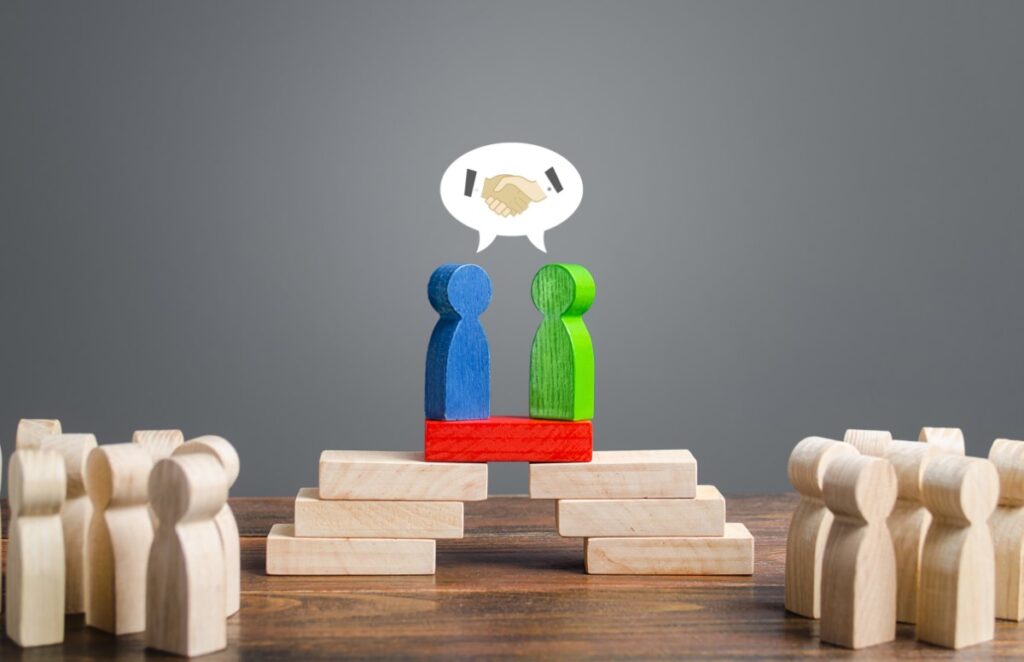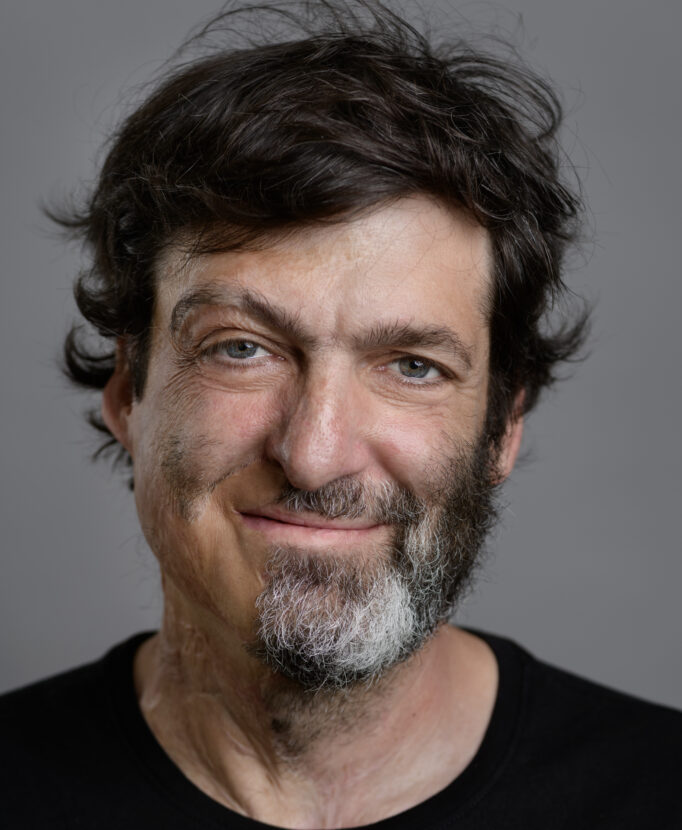Celeb Shot
How We Get Sucked Down the ‘Funnel of Misbelief’
Best-selling author and Duke University Professor, Dan Ariely, delves into the psychological machinery behind misbelief, exploring the roots of societal discord and distrust. Drawing on his two decades of research and his latest book, “Misbelief: What Makes Rational People Believe Irrational Things,” Ariely offers insights into the “funnel of misbelief” and calls for a collective effort to understand and address these issues before the 2024 elections.

It’s been over three years since the 2020 US presidential election and many Americans still contend it was rigged in favor of Joe Biden. They say voting machines were hacked, people logged multiple votes, and poll workers discarded votes for Donald Trump.
With reports forecasting the 2024 election to pick up where we left off in the 2020 elections, things are expected to be more of the same, if not worse. How can we understand this phenomenon? And more importantly, how can we prevent this part of our history from repeating itself?
I’ve spent the past two decades studying irrationality, and the past three years focusing specifically on misbelief. I’ve captured my findings from this research in my latest book, Misbelief: What Makes Rational People Believe Irrational Things. The core finding is that over time, largely unintentionally and with many different parts, norms, technology, and players, western society has created a devastating psychological machinery that I call “the funnel of misbelief.” This funnel of misbelief does an excellent job of attacking almost all our human weaknesses on several fronts starting with emotions and stress; moving to multiple cognitive biases; taking advantage of certain personality traits; and ending by hijacking the social forces that control much of our physical and digital life.
The other main insight is that it is easy to think this in terms of us vs. them and to suspect that we are protected from misbelief while other people are the ones at risk of accepting false narratives. Not so! Once we understand that the breeding ground of misbelief is stress, it means that anyone unfortunate enough to experience a high degree of stress (from the economic environment, loss of a job, illness, etc.) is susceptible to the funnel of misbelief. In fact, I am willing to bet that you know someone who is smart, caring, and an overall wonderful person who, over the last few years, ended up adopting such views that you no longer feel comfortable in their presence.
The third main insight is that these misbeliefs aren’t simple mental errors. They are functional, in the sense that they help counteract the needs people have because of stress, and we need to understand misbeliefs as having this functional aspect to them (as well as having some very non-functional aspects).
The fourth main insight is that a journey down the funnel of misbelief ultimately leads to distrust of institutions and each other. As such, it is becoming much harder for us to work together and even to care about what the others — the non-believers — want.
My first hope in bringing this topic to mind is to try and encourage all of us to interrogate the source of our own misbeliefs. Are we feeling sad, isolated, or angry? Are we jumping to conclusions? Are we acting like ourselves? Whose advice are we taking? Being a responsible citizen means doing a good-faith audit of why certain beliefs make us feel good. But our role does not end there. Yes, we should examine our own misbeliefs, but we also need to help others, especially those we are close to and who might, under the right conditions, listen to us.
My second hope is that by understanding the potential damage that misbelief can create in our society, we will start acting to fix the many elements that lead people down the funnel of misbelief and that we will do this well before the 2024 elections. Democracy only works well when we all believe in it and use it for the greater good. For it to function properly, we must all become better believers.
Events aren’t easy, but working with WSB is. WSB works with thousands of respected influencers, thought leaders, and speakers each year and our experienced sales team is committed to the success of your event. For more psychology speaker ideas, please contact us.
